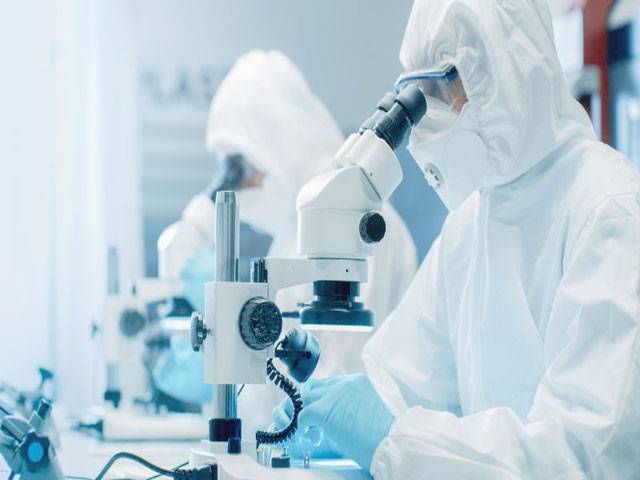London-Britain, the United States and Canada on Thursday risked worsening fraught diplomatic ties with Russia by accusing Moscow-linked hackers of targeting labs in their countries conducting coronavirus vaccine research.
The three governments pointed the finger at the Kremlin, saying that a hacking group called APT29 was “almost certainly” linked to Russian intelligence.
In a separate claim, London said “Russian actors” sought to disrupt last year’s UK general election by circulating leaked trade documents between Britain and the United States.
Both accusations came even before the publication in the coming days of a long-awaited British parliamentary report into alleged Russian interference in the 2016 Brexit vote.
Russia quickly rejected the accusations as “groundless”.
The United Kingdom’s National Cyber Security Centre (NCSC) and Canada’s Communications Security Establishment (CSE) said Thursday that APT29 was “a cyber espionage group, almost certainly part of the Russian intelligence services,” adding their the assessment was endorsed by their US counterpart.
“Throughout 2020, APT29 has targeted various organisations involved in COVID-19 vaccine development in Canada, the United States and the United Kingdom, highly likely with the intention of stealing information and intellectual property relating to the development and testing of COVID-19 vaccines,” it said.
The group was “likely to continue to target organisations involved in COVID-19 vaccine research and development, as they seek to answer additional intelligence questions relating to the pandemic”.
In a separate statement, the US National Security Agency repeated the accusations and said that APT29 “uses a variety of tools and techniques to predominantly target governmental, diplomatic, think-tank, healthcare and energy targets for intelligence gain”.
Russia and Britain have been at loggerheads since Moscow was accused of trying to kill double agent Sergei Skripal with a powerful military-grade nerve agent in 2018.
The attack in Salisbury, southwest England, came 12 years after the radiation poisoning of former spy Alexander Litvinenko in London. Again, Russia denied involvement.
Thursday, April 18, 2024
UK, US and Canada accuse Russia of vaccine research hacking

PTI leaders’ pre-arrest bails extended in May 9 cases
April 18, 2024
Housemaid found dead in home in Islamabad
April 18, 2024
Azerbaijan envoy calls on NA Speaker
April 18, 2024
SPSC starts viva of competitive exams 2020
April 18, 2024
Rail Revival
April 17, 2024
Addressing Climate Change
April 17, 2024
Saudi Investment
April 17, 2024
Political Reconciliation
April 16, 2024
Pricing Pressures
April 16, 2024
Justice denied
April 18, 2024
AI dilemmas unveiled
April 18, 2024
Tax tangle
April 18, 2024
Workforce inequality
April 17, 2024
New partnerships
April 17, 2024
ePaper - Nawaiwaqt
Advertisement
Nawaiwaqt Group | Copyright © 2024





